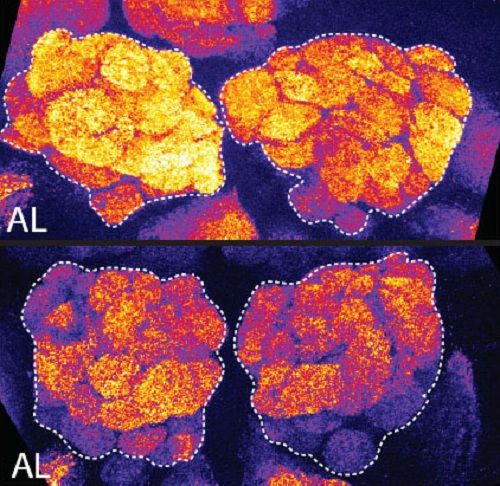

To find out whether resilience can be predicted by changes in sleeping patterns, Bush et al. showed that changes in sleep do lead to changes in resilience. Conversely, increasing sleep, by activating an area of the brain responsible for initiating sleep, increased the mice’s resilience to social stress. When the mice were gently kept awake during their normal sleep time, resilience decreased and so the mice were less able to overcome the negative effects of stress. set out to establish whether sleep can regulate resilience to social stress in mice.

Importantly, in both animals and humans, there are individual differences in resilience, or the ability to overcome the adverse effects of stress.īased on this information, Bush et al. This means that mice and other rodents can be subjected to social stress in the laboratory to test hypotheses about the effects of stress on the brain.

One type of stress that is common to all mammals is social stress, defined as stress caused by social interactions. This close association between stress and sleep has led some to hypothesize that sleep serves to overcome the adverse effects of stress on the brain, but this hypothesis remains largely untested. Additionally, these neuropsychiatric disorders are frequently caused or worsened by stress, which can also interfere with sleep. One clue may lie in neuropsychiatric disorders: these conditions – such as depression and anxiety – are often accompanied by disrupted sleep. However, exactly how sleep benefits the brain and body remains poorly understood. To many of us, it may seem obvious that sleep is restorative: we feel better after a good night’s rest. They also show that differences in resilience are strongly correlated with inter-individual variability in sleep regulation. Overall, these results demonstrate that increased NREM sleep, mediated cortically, is an active response to social-defeat stress that plays a determinative role in promoting resilience. Further, we found that within the prefrontal cortex, a regulator of maladaptive responses to stress, pre-existing differences in sleep regulation predict resilience. Our results reveal a direct, causal relationship between sleep amount and resilience-demonstrating that sleep increases after social-defeat stress only occur in resilient mice. To examine if sleep has a determinative role in maladaptive behavioral-response to social stress, we investigated individual variations in resilience using a social-defeat model for male mice. Despite extensive research into the brain mechanisms causing maladaptive behavioral-responses to stress, it is not clear why some individuals exhibit resilience. A lack of resilience can lead to the development of neuropsychiatric and sleep disorders, often within the same individual. Resilience, the ability to overcome stressful conditions, is found in most mammals and varies significantly among individuals.


 0 kommentar(er)
0 kommentar(er)
